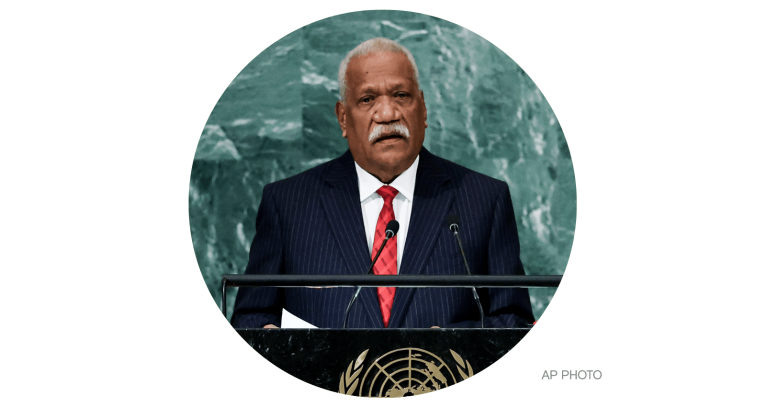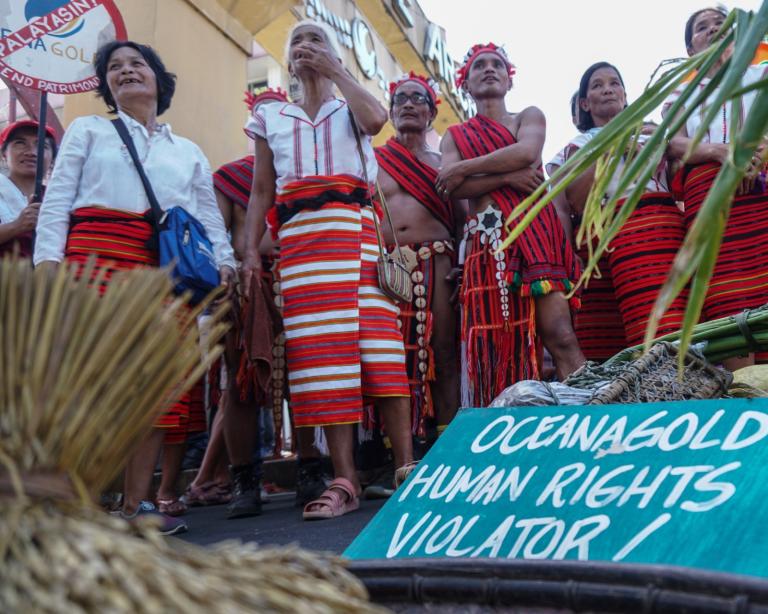It’s Tuesday, March 7, and Europe’s largest virtual power plant is coming to Finland.
The Finnish government awarded a grant of 3.9 million euros ($4.2 million) last month to the telecommunications company Elisa to build a “distributed energy storage” system for its electrical grid — a way of storing renewable energy so it can be strategically deployed to meet demand. The system’s planned capacity of 150 megawatt-hours would make it the largest virtual power plant in Europe.
A virtual power plant is a decentralized network of devices that generate or store energy, like rooftop solar panels and batteries. When energy demand is high, the devices feed power into the main electric grid. When demand is low, excess energy from wind and solar can be used to charge the network’s distributed batteries (which can include the batteries in electric vehicles). Such systems address the problem of “intermittency” posed by renewable energy, helping ensure a steady supply of electricity even when the sun isn’t shining and the wind isn’t blowing.
The new project from Elisa would focus on battery storage, using thousands of batteries at the company’s radio base stations to store excess wind energy from the grid and deploy it when it’s needed.
“It is critical for society that we have an energy supply that is affordable, secure, and sustainable, and the potential for distributed energy storage of telecom networks to contribute to this is huge,” Jukka-Pekka Salmenkaita, Elisa’s vice president of artificial intelligence and special projects, said in a statement. The battery storage system that would be created by Elisa’s virtual power plant would be one of Europe’s largest.
Energy experts have long touted virtual power plants as a promising climate solution, and they’ve gained traction outside Europe. Across the U.S., residential solar companies have created virtual power plants from their customers’ rooftop solar panels, while other groups have plans to create them by retrofitting blighted homes. The electric vehicle company Tesla has developed similar projects in Australia and Japan, boosted by millions of dollars in public funding.
In the news
UN reaches historic agreement to protect the world’s oceans
Zoya Teirstein, Grist
➤ Read more
Norfolk Southern announces new safety measures after East Palestine disaster as NTSB probes another Ohio train derailment
Nouran Salahieh, Holly Yan, Laura Ly, and Artemis Moshtaghian, CNN
➤ Read more
Environmentalists sue to stop Gulf of Mexico oil and gas auction
Clark Mindock, Reuters
➤ Read more
World Bank backs mega dam threatening to displace thousands in Mozambique
Pamela Machado, Climate Home News
➤ Read more
Increasingly large and intense wildfires hinder Western forests’ ability to regenerate
Bob Berwyn, Inside Climate News
➤ Read more
Global craze for collagen linked to Brazilian deforestation
Elisângela Mendonça, Andrew Wasley, and Fábio Zuker, The Guardian
➤ Read more
Correction: Yesterday’s newsletter included an incorrect link for a Grist article about the hazards of gas stoves. The correct link is here.


